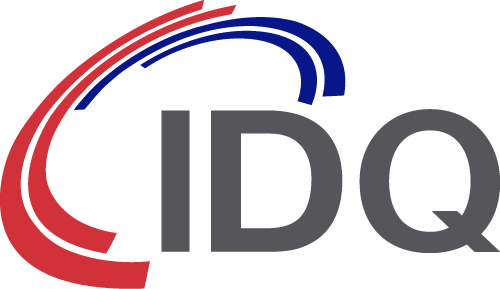How will Quantum Technology change the digital world?
Quantum computing has the power to change everything we take for granted in our digital world. Today’s super processors would be eclipsed by the processing power of quantum computers. This will allow us to solve problems, so far deemed unsolvable. On the other hand, this could also pose serious risks for industries where digital communications and digital transactions are secured by cryptography.
Speaking on a panel at this October’s virtual Inside Quantum Technology Europe 2020 conference, ID Quantique’s Bruno Huttner stated
“The quantum threat is basically going to destroy the security of networks as we know them today”.
As reported in ZD Net, the panel explored how existing and emerging quantum technologies could be employed to secure data from cybersecurity threats prevalent today and in the quantum era.
Huttner says that there are two potential means to address the quantum threat: “One is basically using classical [means], with new mathematical algorithms. The other is to fight quantum with quantum, and that’s what we at ID Quantique are doing.”
One form of quantum cybersecurity is quantum key distribution (QKD). In QKD, the two parties exchange qubits over a so-called quantum channel and immediately measure them. The properties of quantum mechanics ensure that any attempt at eavesdropping will modify the qubits. This will be discovered during the next stage, a discussion over a classical channel. QKD therefore enables the generation of a shared and secure secret key. This key can be used for encryption of data, or any other cryptographic purpose.
In QKD, the qubits are only generated, transmitted over the quantum channel, and measured. There is no need to have them interact with one another or to store them in quantum memories. This is why QKD is relatively easy to implement and is already available commercially. The next step is to be able to store the qubits, and to make them interact. This is the idea behind a Quantum Information Network (QIN).
Speaking on the IQT panel, Mathias Van Den Bossche of Thales Alenia Space, said that in theory a QIN enables two quantum computers to “intertwine” as if they were physically joined, delivering combined processing power.
According to Professor Stephanie Wehner of Delft University and QuTech, also on the panel, this “quantum entanglement” could facilitate quantum communications between local quantum processors anywhere on Earth. The end result would be a quantum world-wide web.
If we consider the totally unexpected new opportunities we now take for granted, which came from the networking of classical computers into the web, we can only guess at what will happen once we have quantum computers interconnected in the same way. Look for the new ‘qwww’ acronym!
Real world applications will drive quantum technology development
Even though universal Quantum Computing has not been reached yet, quantum technology does have several applications in the market today. We already saw QKD above. Another one is Quantum Random Number Generation (QRNG) which can be applied in a microchip such as ID Quantique’s Quantis QRNG chip.
Speaking on the panel, Axel Foery, EVP Quantum-Safe Security at ID Quantique, said that
“Given that quantum technology — in this case, quantum random number generation [QRNG] — has hit the mass market, it’s time to start.”
ID Quantique’s QRNG chipset is already used in smartphones, including the Samsung Galaxy A Quantum and the VinSmart Aris Pro.
Smartphones contain a wealth of vulnerable personal data, so the application of QRNG represents a significant step forward, allowing individual consumers to enjoy the benefits of quantum security technologies in their everyday lives. QRNG chips have a wide range of applications for data security in telecommunications, IoT, automotive V2X and banking, to name just a few.
While the full potential of quantum computing has yet to be realized in the mainstream, quantum security technologies are becoming more widespread as our world becomes ever more reliant on data.
Read the full articles here:
Quantum computing may make current encryption obsolete, a quantum internet could be the solution
Will quantum computing disrupt any industries that matter, and how soon?


